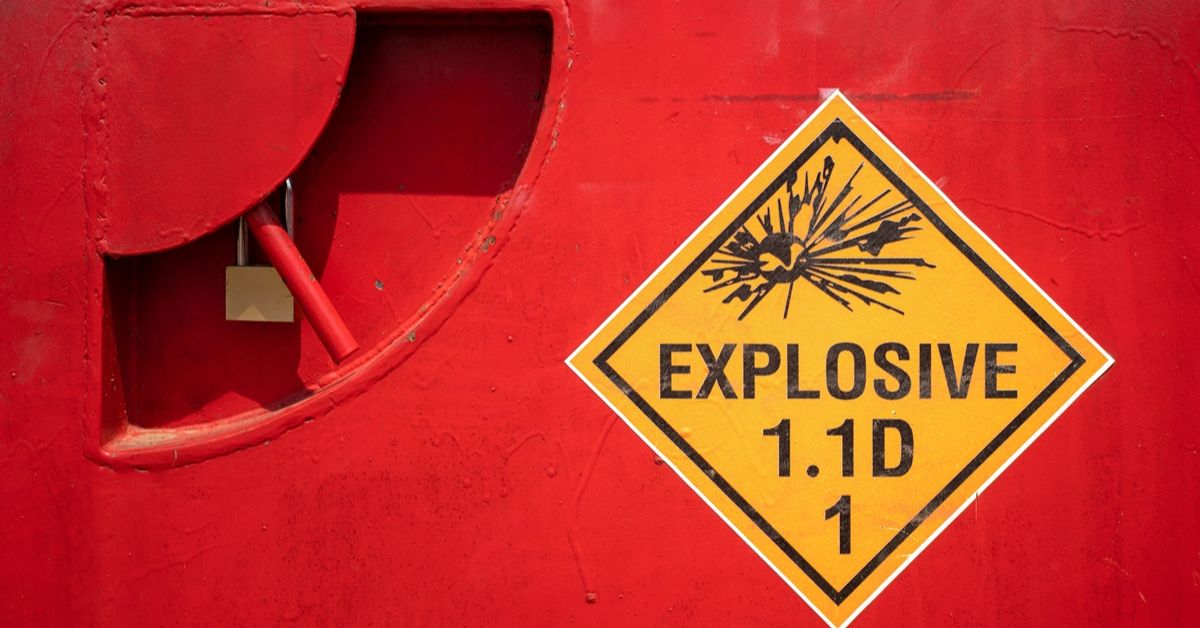The central government has pointed out that some of the state and union territory run ports do not possess compliance certificates of navigational safety and clearance from the Petroleum and Explosives Safety Organisation. All maritime states have been instructed to expedite the compliance in this regard.
Meanwhile, the state maritime boards have requested for an immigration facility at the Puducherry port, response centres for mitigating oil spill in five states and submarine oil and gas pipelines in Mumbai to be removed. Mostly state maritime boards look forward for support to improve facilities at respective ports for gaining more cargo and passenger volumes.
“Calls for financial incentive to encourage shift of cargo from road or rail to coastal shipping also figure on the list of demands,” a top government official aware of such requests said.
To bring more accountability and better manage oil spills, regional response centres in Vadinar (Gujarat), Mumbai (Maharashtra), Kochi (Kerala), Chennai (Tamil Nadu) and Paradip (Odisha) have been proposed.
These Regional Oil Spill Response Centres (ROSRCs) have also been recommended by a committee set up under the Ministry of Ports, Shipping and Waterways.
Raising issues related to multiple government arms conducting audits and inspections, the Tamil Nadu Maritime Board proposed streamlining security audits and inspections in non-major ports. Currently, export-import (Exim) ports are audited by the Directorate General of Shipping. Separate audits are being conducted by the Intelligence Bureau, Navy, Central Industrial Security Force and the Coast Guard.
To address this, the Ministry of Ports, Shipping and Waterways is going to set up a Bureau of Port Security (BPS).
“Once materialised, only the BPS will have the authority to do port audits,” a second government official said.







